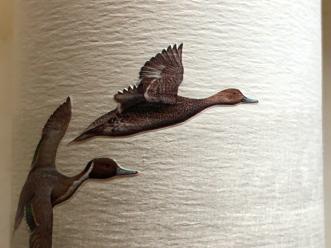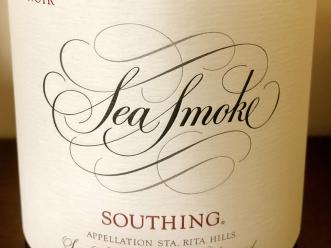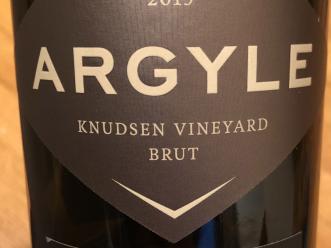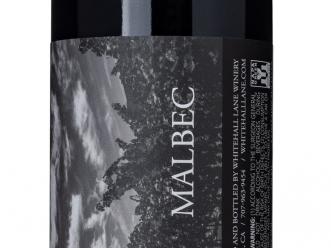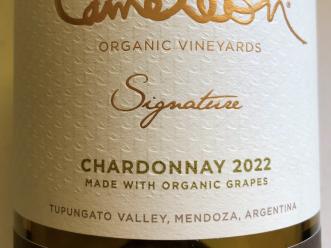Davis Bynum 2022 Chardonnay, River West Vineyard
Davis Bynum has a long history in Sonoma, dating back to the early 1970s and has long promoted Sonoma wine before Sonoma was known for its dynamic wines it is today. This 2022 uses six different Chardonnay clones from various blocks on their property to craft a classic Sonoma Chardonnay. You’ll find lemon curd, light resin, apricot, honeysuckle and white peach where the acidity supports the fruit.





